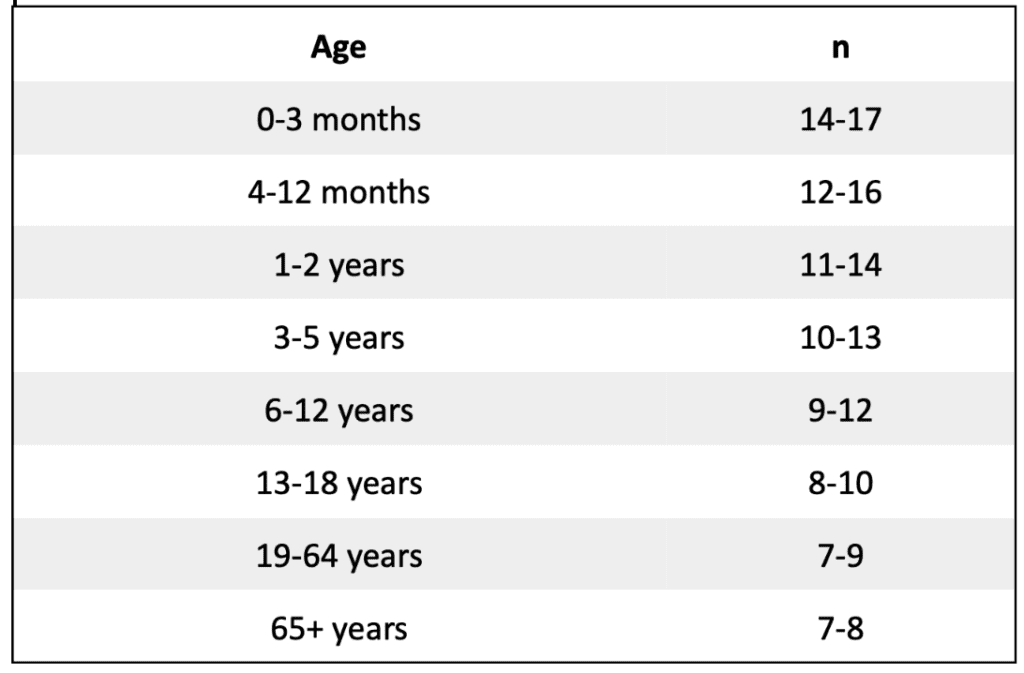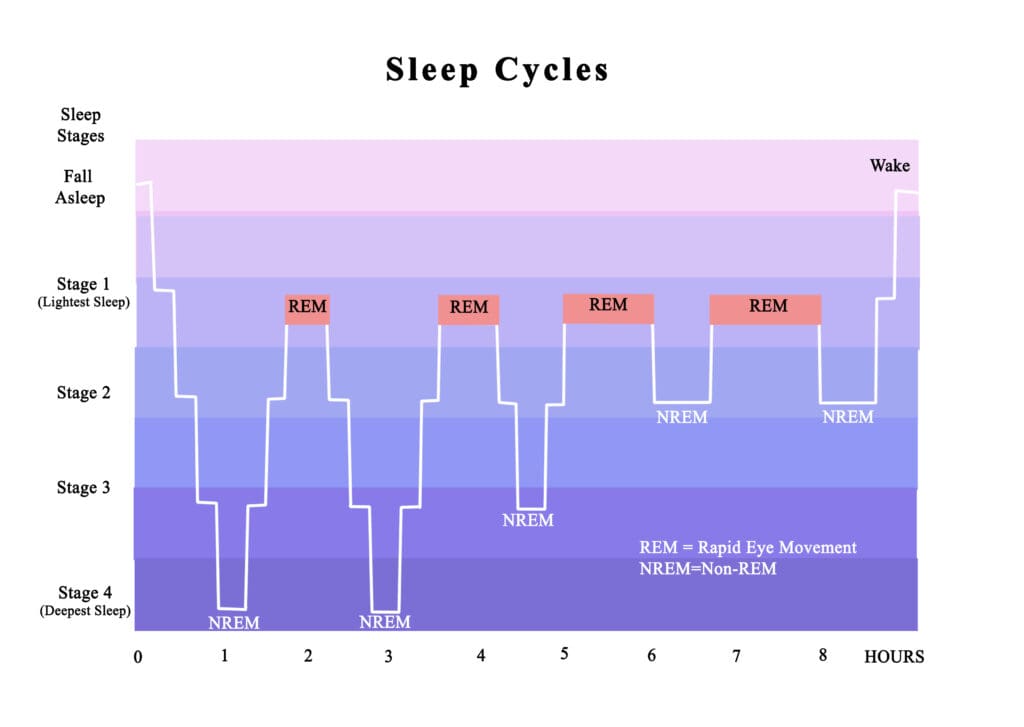We’ve all heard the expression, “Sleep like a baby.” For those of us who are parents, we know that it’s not always that simple—babies can wake up in the middle of the night when they are hungry or sick, screaming for attention. But what this expression captures is that when a baby is tired, it simply goes to sleep. Babies don’t stay up late worrying about the future. And why should they? Babies don’t have to worry about paying bills, caring for others, or retirement. They don’t think about traffic, the evening news, or that one social media post from a crazy relative. Their minds are focused on their immediate needs—and when those needs are met, they sleep easy. It’s easy to envy their calm.
Increasingly, science is unraveling how vital sleep is for health. Seven to eight hours of quality sleep…. does a body good, especially the brain. This is the time when the brain does its repair work. It cleans out damaged cells, nourishes the working ones, and strengthens the connections between the neurons. Sleep is the time when memories get consolidated. A good night’s sleep also boosts the immune system and aids in muscle recovery.
The Right Amount
There are two parts to a good night’s sleep: quantity and quality. According to the Centers for Disease Control and Prevention, adults need between 7 and 8 hours of sleep a night.
One-third of adults report that they sleep less than 7 hours a night, and it’s worse for women in mid-life. According to a National Health Survey of middle-aged women, more than one in four experience difficulties falling and staying asleep more than four times a week. Perimenstrual women were the least likely to sleep less than seven hours a night.

Signs of sleep deprivation include:
- Constant fatigue
- Difficulty concentrating
- Forgetfulness
- Sluggish responses
- Mood changes
- Constant yawning
- The need for multiple naps
- Difficulty staying awake.
The Right Quality
Nighttime sleep occurs in a series of rhythmic patterns made up of different stages. These include non-REM sleep, Stages 1-3, and REM which stands for Rapid Eye Movement. In a seven or eight-hour sleep cycle, you ideally move through the stages in 90- to 110-minute cycles which repeat four to six times.

With a good night’s sleep, you wake up after your last REM cycle feeling rested and ready for the day. Scientists are learning more about the importance of REM sleep. This is the time when the brain generates vivid dreams, as well as synthesizes memories and consolidates knowledge. For creative people who get their best ideas early in the morning, they may have REM sleep to thank.
Preparing for Sleep
Sleep experts refer to the constellation of sleep-promoting lifestyle recommendations as “sleep hygiene.” Tips include:
- Sticking to a regular schedule
- Keeping your room cool, quiet, dark, and free from light-emitting devices
- Avoiding stimulants such as caffeine, nicotine, or alcohol close to bedtime
- Not eating heavy food late at night
- Getting regular exercise during the day
These behavioral tips set the stage for a good night’s sleep. They don’t, however, address a major culprit: the inability to shut down our overactive minds. Too many of us lead wired/tired lives driven by a nervous system that’s always on the go. We are in sympathetic overdrive. All day long, the “fight or flight” part of the nervous system takes over as we respond to what we perceive as threats. As we approach bedtime, we dwell on the day’s problems, worrying about things we can’t change at that moment. Relaxation exercises, deep breathing, and a warm bath can be helpful, but there’s another secret to learning to sleep like a baby. It is to recruit the body’s own nervous system to create a deep physiological state of relaxation.
Powering Down for a Peaceful Sleep
There is a system for powering down our computers, a methodical series of steps that concludes by switching the power off. So too, by adopting a bedtime ritual—and some modern technology, can you learn to power down.
Stimulating the vagus nerve, the body’s longest cranial nerve can help induce a state of calmness, preparing the body for a good night’s rest. Vagus nerve stimulation harnesses the power of the body’s parasympathetic nervous system, the part of the central nervous system that is responsible for rest and recovery. Working autonomically, it counters the fight-or-flight response.
Truvaga is a safe, effective, non-invasive wellness product that can help you get a better night’s sleep. Portable and requiring only a 2-minute session, Truvaga calms anxiety and stress conveniently and quickly through gentle vagus nerve stimulation. By making Truvaga a part of your evening sleep ritual, you’ll gain the calmness and serenity to sleep like a baby.






